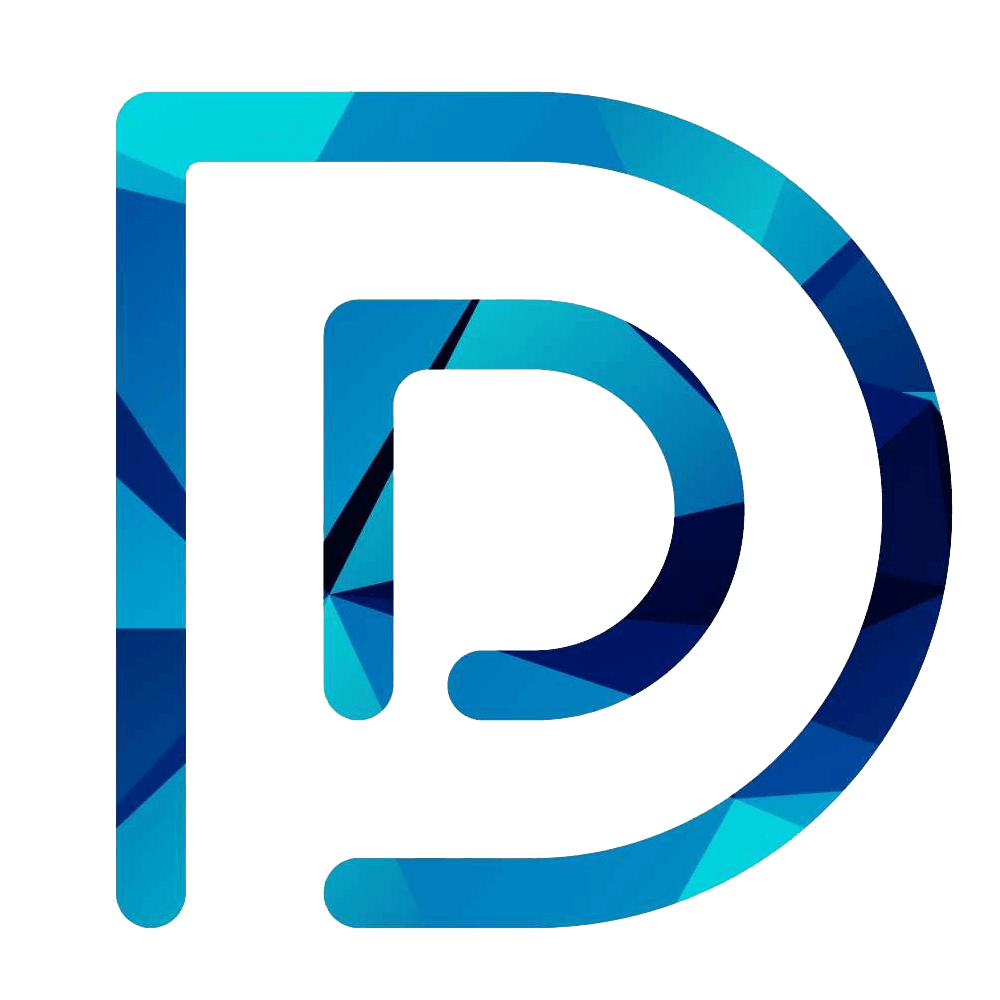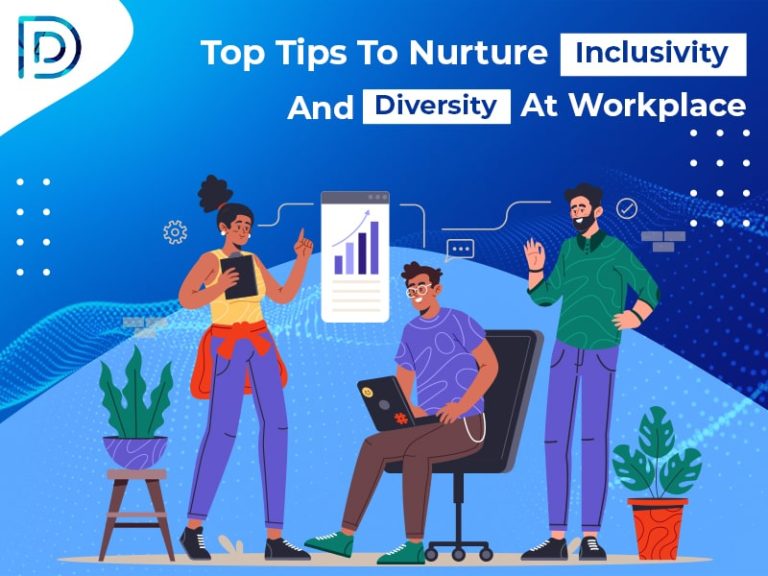For years, there has been an ongoing debate about hard and soft skills. Everyone is keen to know the difference between them, more precisely trying to prove how hard skills are better than soft skills.
This, at many times, worries me, as I see myself more as a “people person” than an “academic person”. Today, I’m going to talk about the difference between the two and what makes each better than the other.
In 2018, LinkedIn published a report that said that the four most in-demand soft skills are leadership, communication, collaboration, and time management. Now, talking about my own experience as a corporate coach, I have found that soft skills are usually hard to master.
But wait…. What exactly are soft skills and hard skills that everyone talks about?
To put it simply, hard skills are teachable, physically acquirable, and most often fall under the category of technical skills, such as user interface designing, analysis, data mining, project management, and writing. Soft skills, on the other hand, are more about the interpersonal realm and are mostly inclusive of team-building, leadership development, communication, and listening skills. Soft skills are not physically acquirable but can be cultivated over time.
No wonder interpersonal skills are where we see the biggest imbalance; let me prove my statement with some facts.
LinkedIn, indeed, has more access to data than just anyone about:
a) the top-ranking skill sets of retaining top talent and,
b) the highest skill sets companies are seeking.
Thus, there are some hard numbers that give a winning edge to soft skills.
Research over competency conducted in over 200 companies and organizations across the globe found that the top performers had twice the emotional intelligence as technical and cognitive ability as compared to average performers. Whereas in senior leadership positions, it was four times as prominent. However, it’s quite apparent that while IQ and technical skills are very important aspects, emotional intelligence accounts for 90% of what makes people move up the success ladder.
Now that we have understood the importance of having soft skills, let’s understand how we can showcase both hard and soft skills on our resumes.
Hard Skills vs Soft Skills on a Resume
As tempting as it may sound to bombard your resume with the skillsets you have obtained, industry stalwarts share a different opinion on this. Mass distribution of your resume, like a one-size-fits-all, may not fit in today’s diverse workplace; It requires some tailored sets of skills.
The skills section in your resume is an excellent place for customization because that is where the opportunity lies to showcase yourself as an attractive candidate, highlighting your caliber on how well you will fit into the role.
Now, both soft and hard skills can enhance your resume, but figuring out which one you should go with can be a daunting task.
Let me help you in finding the right set of skills for you.
To begin with, hunt for the keywords that are required for the company/job role you applied for. For example- “project management”, “fluent in Mandarin”, or “proficient in HTML/CSS”.
For soft skills, do your research by going through the company’s website and social media and looking at what the company’s culture depicts. Knowing the cultural values and beliefs that the company holds, you’ll find out the qualities that are most valued as well as required from the employees. A great place to start would be the “Careers”, “Mission” or “About Sections” on the company website.
Thus, I believe that it is safe to conclude that soft skills are as important as hard skills to sustain in the workplace.
This is why we built LearNowx, a corporate training platform that transforms High potential aspirants into Industry ready professionals through highly engaged Hands-on training and industry use cases.
LearNowx provides a wide array of work experience programs for students/college professionals to build genuine and successful careers and thrive in their desired technological careers.









